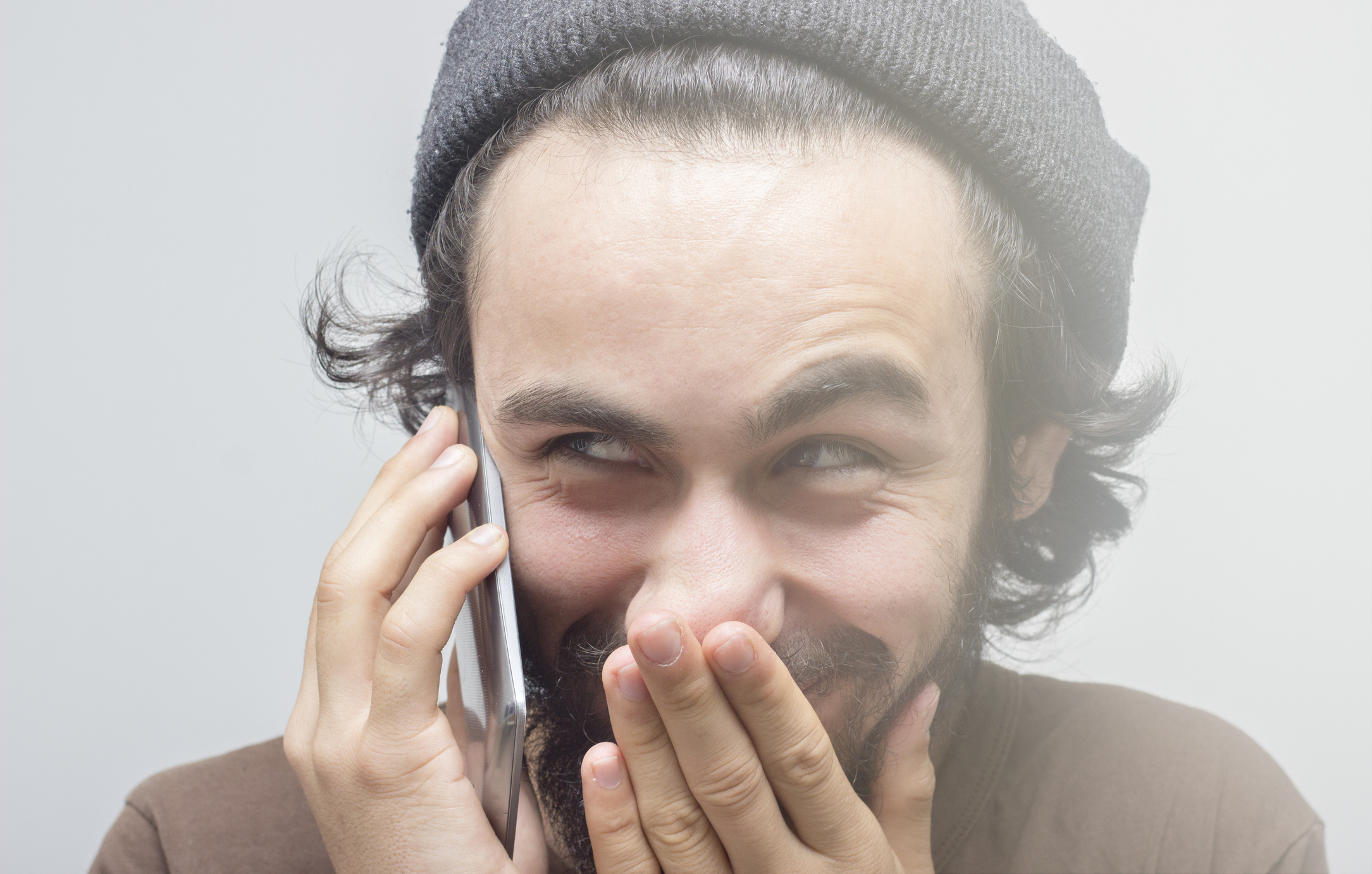In an era where the line between harmless pranks and serious legal offenses is increasingly blurred, the ramifications of what many consider a "simple joke" can be far-reaching and severe. This is particularly true for prank 911 calls in California, where such actions are not just frowned upon but are categorically illegal and punishable by law.
Understanding the legal landscape surrounding these seemingly innocuous actions is crucial for individuals and guardians alike. Contact Law Office of Michael L. Fell at (949) 585-9055 for a free legal consultation if you or your child has been charged with this crime.
The Seriousness of False Emergency Reports
California law, under Penal Code 148.3 PC, strictly prohibits the act of knowingly reporting a false emergency to government agencies. This legislation encompasses a wide range of "emergency" scenarios that could prompt a response from emergency vehicles, lead to evacuations, or trigger the Emergency Alert System. The law aims to underscore the potential danger and resource misallocation caused by such false reports, highlighting the state's stance on maintaining the integrity of its emergency response systems.
Misdemeanor vs. Felony Charges
The severity of the legal consequences for making a prank 911 call hinges on the specifics of the incident. A false emergency report can be classified as a misdemeanor, punishable by up to one year in county jail and a $1,000 fine. However, if the false call is determined to have knowingly created a risk of death or great bodily injury—and such harm actually ensues—the offense escalates to a felony, carrying up to three years in county jail and a $10,000 fine. This gradation in punishment reflects the law's attempt to proportionally address the seriousness of the offense based on its potential or actual harm.
Financial Liability for Emergency Services Response
Beyond the criminal penalties, individuals convicted of making prank 911 calls are also financially liable for the costs associated with the emergency response their actions provoke. This aspect of the law serves as a deterrent by imposing a tangible, financial consequence on top of criminal penalties, emphasizing the real-world implications of such seemingly trivial actions.
Legal Defenses and Exceptions
While the law is clear on the illegality of false emergency reports, there are defenses available to those accused, including mistaken identity, a good faith belief that the emergency was real, and the nuances of free speech protections. Additionally, exceptions exist for parents or guardians reporting a child as missing under a good faith belief, illustrating the law's acknowledgment of legitimate concerns for child safety.
The Phenomenon of Swatting
A particularly dangerous form of prank calling, known as swatting, involves falsely reporting incidents to elicit a heavy police or SWAT team response against an unsuspecting victim. This act not only diverts critical resources from real emergencies but also poses significant risks to public safety, thereby being treated with the utmost seriousness by law enforcement and the legal system.
The Path Forward: Seeking Legal Assistance
For individuals or guardians facing charges related to false 911 calls or swatting, the importance of securing knowledgeable legal representation cannot be overstated. A skilled attorney, such as those at Law Office of Michael L. Fell, can offer invaluable guidance and defense strategies tailored to the specifics of the case. With experience in both prosecution and defense, Law Office of Michael L. Fell provides a comprehensive approach to navigating these complex legal waters, aiming to mitigate the consequences and protect the future of those involved. Contact us now at (949) 585-9055 for a free legal consultation.


